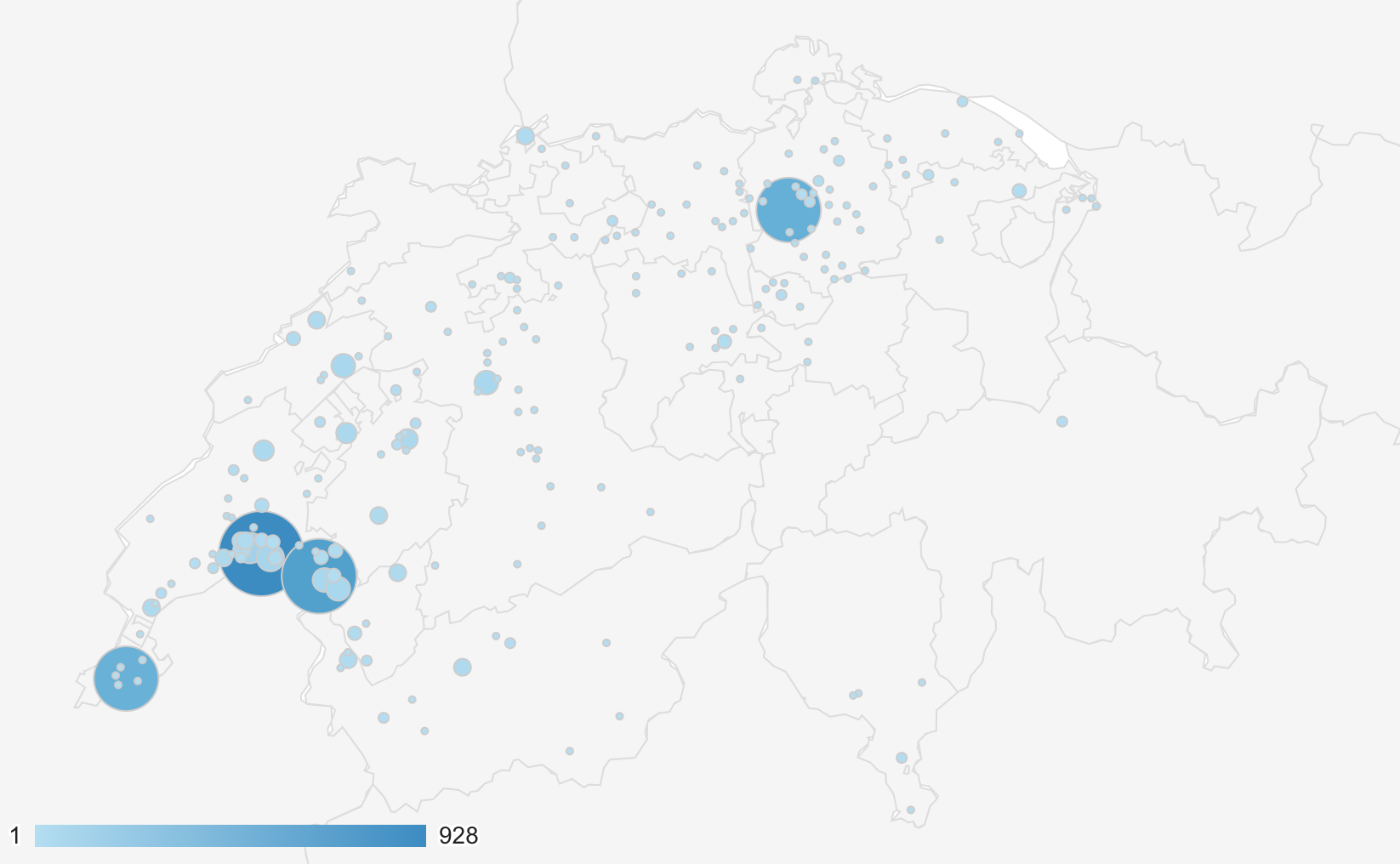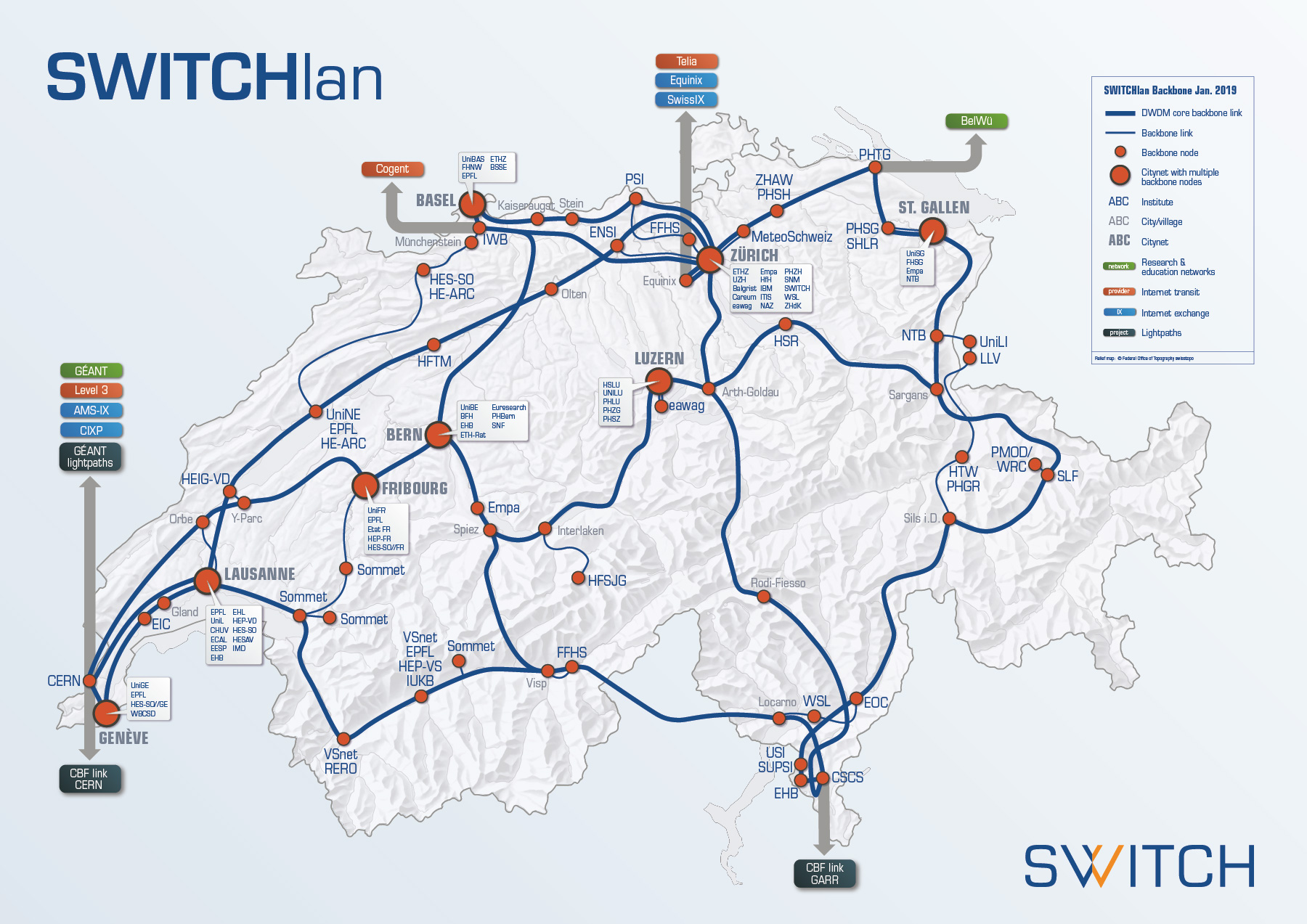There’s no doubt that data driven decision-making has exploded as tools in the digital landscape have developed. The caveat is that the decisions can only as good as the data they come from.

Discovering why the data is so inaccurate and where to find accurate data is at the bottom of a very deep rabbit hole. Fortunately, we’ve made that trek and have brought the most important points back to the surface.
How user location is determined ?
Google Analytics only uses the connected IP address to estimate user location based on geolocation databases. Google specifically acknowledges that doing so using IP addresses are “convenient but also [have] a few drawbacks” Google’s IP data must get information from a third-party IP database.
“ What IP exactly is? ”
IP stands for Internet Protocol address, and it is an integral part of the internet itself. Every single device connected to the internet has its own unique IP. It’s kind of like your internet phone number, telling other computers where you can be reached.
“ How do we know where the IP address is located? ”
Well ... that's the tricky part.
Every country in the world receives a pool/segment of available public IP addresses that are distributed internally. Each ISP (Internet Service Provider – Swisscom, Sunrise, Cablecom, ...) receives some IP addresses they can use.
Every country in the world receives a pool/segment of available public IP addresses that are distributed internally. Each ISP (Internet Service Provider – Swisscom, Sunrise, Cablecom, ...) receives some IP addresses they can use.
We know with high accuracy from which country our IP address is coming because it is distributed on the international administration level.
The problem is where the user using a specific IP address is precisely located. Each ISP distributes small pools of the IP addresses to the regional providers. Because of that, it's extremely difficult to determine in which city/street of the country which IP address is used.
“ How does the GEO IP location address work? ”
Geolocation services have access to several databases that give them the information needed to locate someone IP address. Those databases are updated manually from time to time.
The most popular location services are ip2location and maxmind.
Some ISP’s share information about the location of IP addresses pool, but this is not a common practice, and if they do, it does not mean that the real physical location of the IP is still correct.
“ Why IP addresses are routinely re-assigned ? ”
There are multiple factors that are implied here.
First, if you are using a fibre-optic connection at home, you might notice that your location is wrong. That is because your fibre-optic cable leads to the local ISP data center, which is often located 10 - 40 km from your real position. As the Switzerland have very close cities, and we only have few ISP data center, you may live in Lausanne and being located in Geneva’s data center.

Second, your ISP provider may temporary change your IP location. It is a day-to-day practice mostly for mobile phones internet access. If we have a huge event in one city/region of the country, ISP providers can assign some IP addresses from fewer trafficked locations to that area - with temporary extremely high demand access. Then after 1-2 weeks, they can switch those IP addresses back to the original location, or assign them somewhere else.
For example, if we have an IP-based campaign for Geneva, Switzerland, a significant part of the campaign traffic can be delivered to Davos because of the World Economic Forum. Leading to be geolocated in Geneva instead of Davos during a short period of time.
Last word
User location data seems straightforward at surface level, but the complex technologies used to gather this information without compromising personally identifiable information make location data unreliable in Google Analytics.
Other platforms that gather user location data such as Google Ads and certain demand side platforms are more accurate alternatives.
If you’re lost in your location data or other facets of digital marketing reach out to us at Antistatique. We have the knowledge and problem-solving skills to navigate around the most perplexing issues in the digital landscape.
Sources
For the most curious of you, here are some sources of additional information that inspired the creation of this article.
Wojtek Andrzejczak (23 September, 2020). 8 facts why IP location targeting is not accurate.
See on https://wojtek.ch/../../why-ip-location-targeting../
See on https://wojtek.ch/../../why-ip-location-targeting../
Whatismybrowser (01 February 2021). Why is the location detection (based on my IP address) wrong?
See on https://whatismybrowser.com/faq/location-detection...
See on https://whatismybrowser.com/faq/location-detection...
Yu Jiang, Bin-Xing Fang, Ming-Zeng Hu & Xiang Cui (24 August 2005). Techniques for Determining the Geographic Location of IP Addresses in ISP Topology Measurement.
See on https://link.springer.com/.../.../s11390-005...
See on https://link.springer.com/.../.../s11390-005...
James A. Muir (10 April 2006). Internet Geolocation and Evasion.
See on https://ccsl.carleton.ca/.../.../TR-06-05.pdf
See on https://ccsl.carleton.ca/.../.../TR-06-05.pdf
Switch (01 February 2021). The SWITCHlan backbone.
See on https://switch.ch/.../.../backbone
See on https://switch.ch/.../.../backbone
Steve Ott (10 October 2018). Errors in Google Analytics' user location data.
See on: www.jmillermarketing.com/.../errors-in-goo...-location-data
See on: www.jmillermarketing.com/.../errors-in-goo...-location-data
Google Support, (30 April 2021). About measuring geographic performance.
See on: https://support.google.com/google-ads/answer/2453994
See on: https://support.google.com/google-ads/answer/2453994